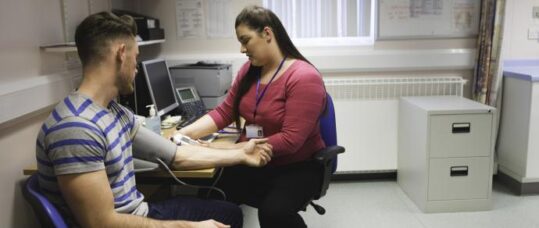Around one in seven appointments with a practice nurse are avoidable, according to data an NHS England-funded audit.
Latest data, as of May 2018, found that just over 14% of appointments with a practice nurse were considered ‘potentially avoidable’.
Related Article: All GP practices to be trained in supporting veterans in £1.8m programme
Rates of avoidable appointments were highest in the south of England, at 16.5%. The Midlands and the east of England had 14.8% of appointments avoidable, with the north at 12.5% and London at 11.2%.
Analysis of the reasons as to why these appointments were deemed avoidable found that 7% of them could have been dealt with by another clinician in the practice. A further 3% could have had their needs met by another local service, while 2% of appointments should not have taken place ‘if the system works’.
Related Article: Action needed on ‘damaging’ school nurse decline to help tackle STI rise
But the audit also found that nurse practitioners were identified by 30% of practices as the best members of staff to reduce the workload of GPs, and help ease GP rates of avoidable appointments.
Direct referrals to specialists, and highlighting to CCGs instances where patients were referred back from secondary care ‘for work that should be done in hospital’ were identified by practices as the two best ways of avoiding patients coming into the practice where primary care adds no value.
The audit tool used to collect the data was developed by the Primary Care Foundation and included appointments from 297 practice nurses across 345 practices in England.
Related Article: ‘Inadequate’ general practice nursing workforce data must be addressed
The audit is free for practices to register for and use, and is commissioned and funded by NHS England.







